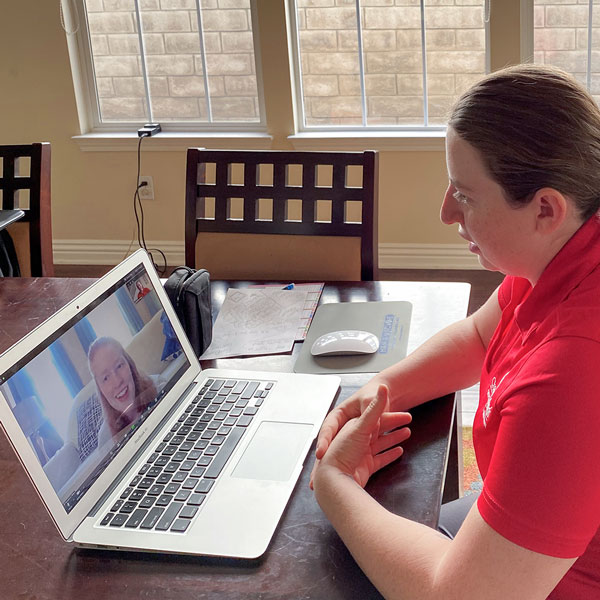Effective communication is at the heart of quality healthcare. With diverse patient populations, language barriers can often create challenges in delivering accurate, timely, and compassionate care. This is where a Bilingual Medical Virtual Assistant (BMVA) becomes invaluable. By bridging language gaps, handling administrative tasks, and supporting clinical teams, bilingual virtual assistants improve both patient experiences and healthcare efficiency.
What is a Bilingual Medical Virtual Assistant?
A Bilingual Medical Virtual Assistant is a trained professional who provides remote healthcare administrative support in two or more languages. Their responsibilities go beyond standard clerical work — they ensure that patients who speak different languages feel understood and supported. This makes them an essential asset for clinics, hospitals, and telehealth providers.

Why Language Access Matters in Healthcare
Language access is a critical component of equitable healthcare. According to the U.S. Department of Health and Human Services, providers are required to take reasonable steps to provide meaningful access to individuals with limited English proficiency (LEP). Failure to do so can result in miscommunication, lower patient satisfaction, and even medical errors. A BMVA helps address these challenges by ensuring seamless communication between providers and patients.
Key Responsibilities of a Bilingual Medical Virtual Assistant
1. Patient Communication
BMVAs manage phone calls, emails, and telehealth communications in multiple languages, ensuring patients fully understand instructions, treatment plans, and follow-ups.
2. Scheduling and Coordination
They handle appointment scheduling, reminders, and cancellations, reducing no-show rates and improving clinic efficiency.
3. Administrative Support
From processing medical forms to assisting with billing inquiries, BMVAs streamline back-office operations.
4. Patient Education
A BMVA can explain treatment plans, medication instructions, and preventive care in a patient’s preferred language, leading to better adherence and outcomes.
Benefits of Hiring a Bilingual Medical Virtual Assistant
Improved Patient Trust and Satisfaction
When patients can communicate in their native language, they feel valued and respected. This strengthens trust between provider and patient.
Increased Efficiency for Clinics
By outsourcing administrative and language support, clinics free up their in-house staff to focus on direct patient care.
Better Compliance and Accuracy
Clear communication reduces the risk of errors in medical records, billing, and care instructions.
Cost Savings
Compared to hiring multiple in-house staff members, a BMVA offers a cost-effective solution. In fact, many clinics have found significant financial relief by outsourcing support roles — see how the cost savings of virtual assistants for clinics can impact healthcare practices.

How a BMVA Supports Telehealth
Telehealth has expanded rapidly in recent years. However, language barriers remain a challenge for many patients. A Bilingual Medical Virtual Assistant ensures that telehealth consultations run smoothly, with accurate communication before, during, and after virtual visits. This allows providers to expand their reach to more diverse patient populations without compromising care quality.
Conclusion
Language should never be a barrier to receiving quality healthcare. A Bilingual Medical Virtual Assistant not only improves communication but also strengthens patient engagement, compliance, and satisfaction. Healthcare providers looking to improve accessibility and efficiency can greatly benefit from these services.
Providers interested in enhancing patient care with secure, language-inclusive support can explore ProVMA’s Bilingual Virtual Assistant services today.